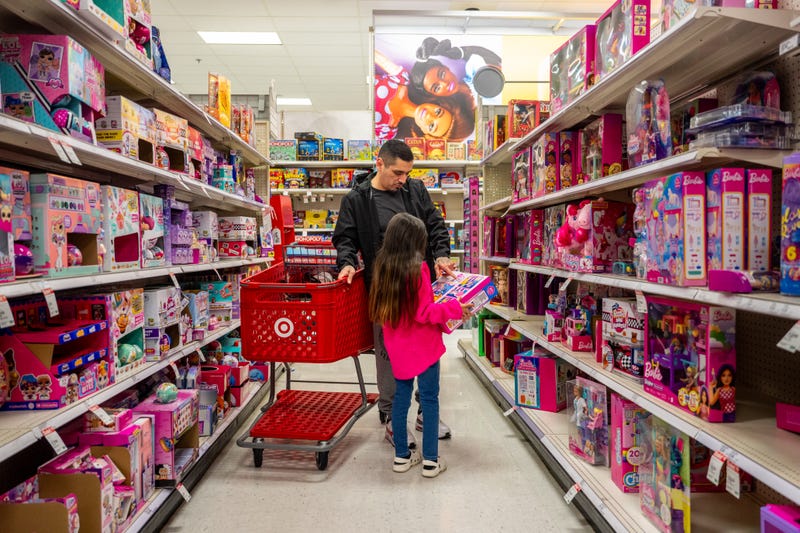
Experts say Minneapolis-based Target's decision to invest a billion dollars in store remodels amid a continued slide in sales is the right move, even after a very difficult third quarter and what the Minneapolis retailer says will be a challenging holiday season.
University of Minnesota Marketing Professor George John says the billion dollars investment could help the retailer regain its "cheap chic" brand identity, and once again offer premium curated merchandise that sets it apart from rivals like Walmart.
"You have to have nice store layouts," says John. "You have to have fresh layouts. It seems like, you know expenditures that could be saved. But you can't do that if you want to keep your identity."
But still, John says the investments won't pay off unless Target refocuses on shopper's needs rather than engaging in political issues.
Target has been hung up with social issues the last couple of years, finding that previous DEI initiatives they have abandoned alienated a core group of target shoppers and also being at odds with longtime hometown Minneapolis supporters in the LGBTQ+ community.
John says Target could be playing the 'long game', and it is a necessary one if they want to regain their brand popularity that has been lost post-pandemic.
"I think the more important thing for Target to fix is what their identity is," says John. "What is Target? We all knew what Target was. It's slightly more expensive than, you know, the general merchandisers, that they've sort of lost their mojo. I do believe they're taking the right steps. Hopefully time will pay off."
John says that while a sales turnaround will be slow, efforts like gaining exclusive merchandise partnerships and building more store fronts are essential to overcoming the companies past mistakes.
In August, the company announced that Chief Operating Officer Michael Fiddelke, who has been with Target for 20 years, will become CEO Feb. 1 and replace longtime CEO Brian Cornell.
Recently, the retailer announced they were refocusing on customer service as well, including a mandatory campaign asking workers to 'smile' at customers.
